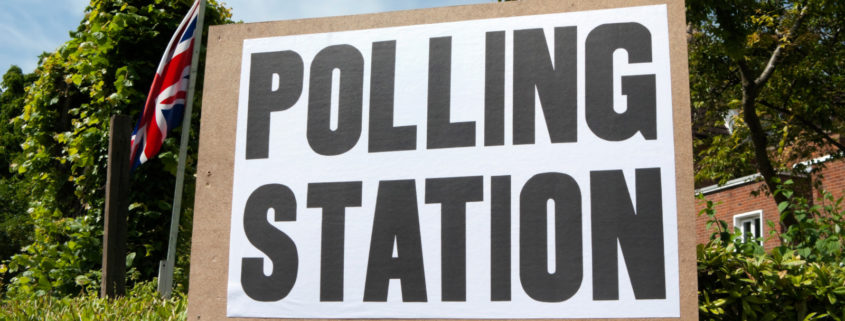“God is our refuge and strength
A very present help in trouble.
Therefore we should not fear, though the earth should change
Though the mountains shake in the heart of the sea”
Psalm 46 has a special resonance today… The United Kingdom has voted to leave the European Union. This will be good news for some people but a genuine disappointment to others. The coming years will be marked by uncertainty and change. What does it mean and how should we respond?
A clear outcome
The outcome of the Referendum is clear. 52% of the electorate has voted to leave, 48% to remain. Every English region outside London had a majority to leave.
The vote in the city of Sheffield was close but still 51% in favour. The vote across the rest of the Diocese of Sheffield was even clearer (Doncaster 69% leave; Rotherham 67%; Barnsley 68%; East Riding 60%).
It is a more mixed picture in the Diocese of Oxford (where I become the bishop in a few weeks time). Some local authority areas have clearly voted to remain, others to leave but the balance in the region is still for leaving.
How should we interpret the result?
I watched the television coverage up until 1.30 am and again from 5.30. The politicians were interpreting the outcome in different ways: as a protest against particular parties or politicians, as a comment on the state of the NHS or immigration.
I’m cautious about all of these interpretations. I may be wrong but I believe that such a large number of people voted Leave for two reasons. First they genuinely want Britain to leave the European Union and to assert the right to self determination. 52% of the population in effect set the right to self governance above short and medium term economic prosperity.
Second 52% of the population voted for fundamental change in our country going forward even if that change brings some instability. Those left behind by current economic policies and politics clearly believe they have most to gain from new beginnings. That should tell us something very important.
The ongoing debate
Three vital questions came into focus during the long campaign. The result did not resolve them. We need more reflection and public debate on each.
The first is global migration. We heard again and again that “immigration” was an issue. But for the most part, the campaign was framed in the language the 1970’s and 1980’s. The issue for 2016 is not simply immigration but global migration. We are living through and will live through the greatest migration of people in human history. This movement of peoples is likely to increase through the effects of climate change, population growth, global inequality and armed conflict. We need a comprehensive, deep conversation about how Britain and the world will respond.
The second is identity. What does it mean to be British in 2016? We need leaders of vision able to articulate an inspiring vision for Britain and its future. That positive vision did not emerge in the campaign from either side.
The third is a new kind of politics. The murder of Jo Cox MP was an immense tragedy. The response of politicians on all sides helped us see again how many good, honest people represent us in Parliament. We need a style of public discourse which is more honest, more humble, more gentle and more kind. This will take more than self-discipline on the part of those in public life. We need some new symbolism. Over the next ten years, the House of Parliament are to be refurbished. Will we have the courage, I wonder, to reshape the chamber of the House of Commons to be less adversarial, less binary, more collaborative, seeking wisdom from every part of the community?
How should the Church respond?
The Archbishops of Canterbury and York have issued a statement this morning calling for humility and courage. They say “Unity, hope and gentleness will enable us to overcome the period of transition that will now happen and emerge confident and successful”.
The Church will respond with prayer for our government and Parliament and for all sections of our society. We will respond by entering into hopeful dialogue with people on all sides of the debate with courtesy and kindness. We will respond by cherishing the poor and the vulnerable and renewing our efforts to build a safe, just and peaceful world. We will continue to welcome the stranger and show mercy to the needy here and around the world. We will continue to build bridges and bonds of friendship across Europe and across the whole world.
In the words of Psalm 46, we will not be afraid though our world may be shaken. We will take time today to pray, to think, to love and to speak gently in God’s name.
+Steven

